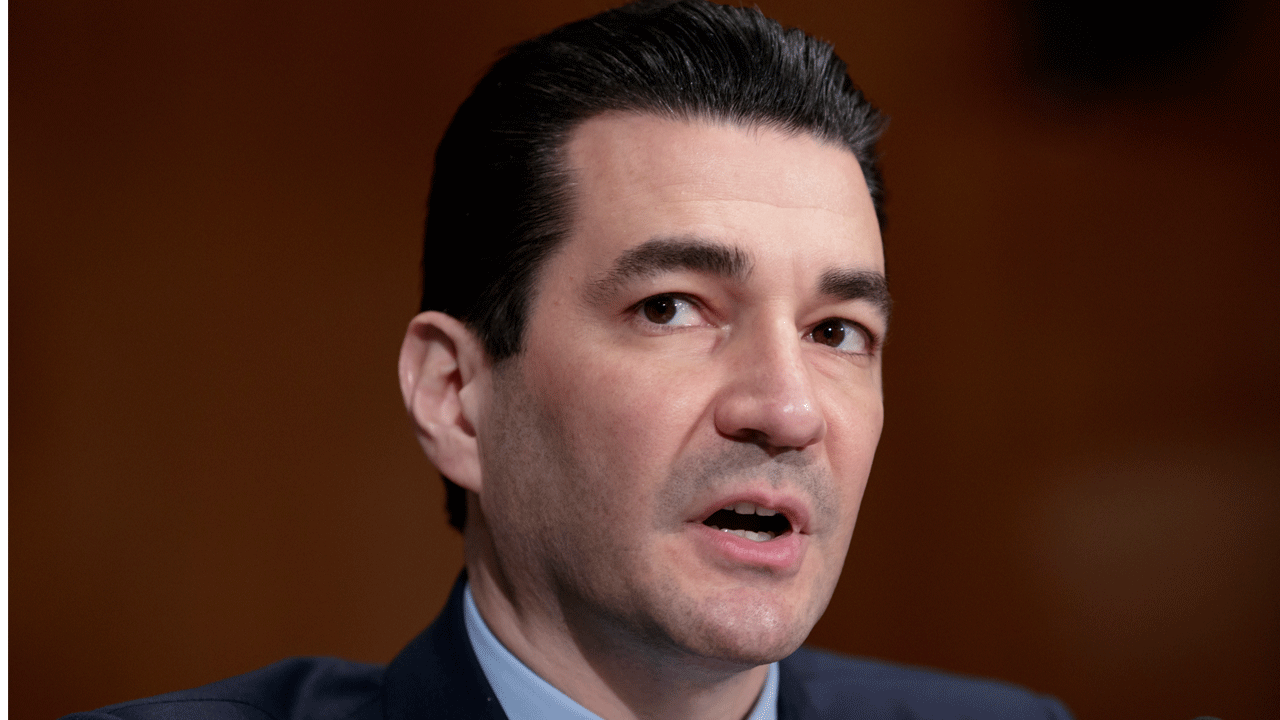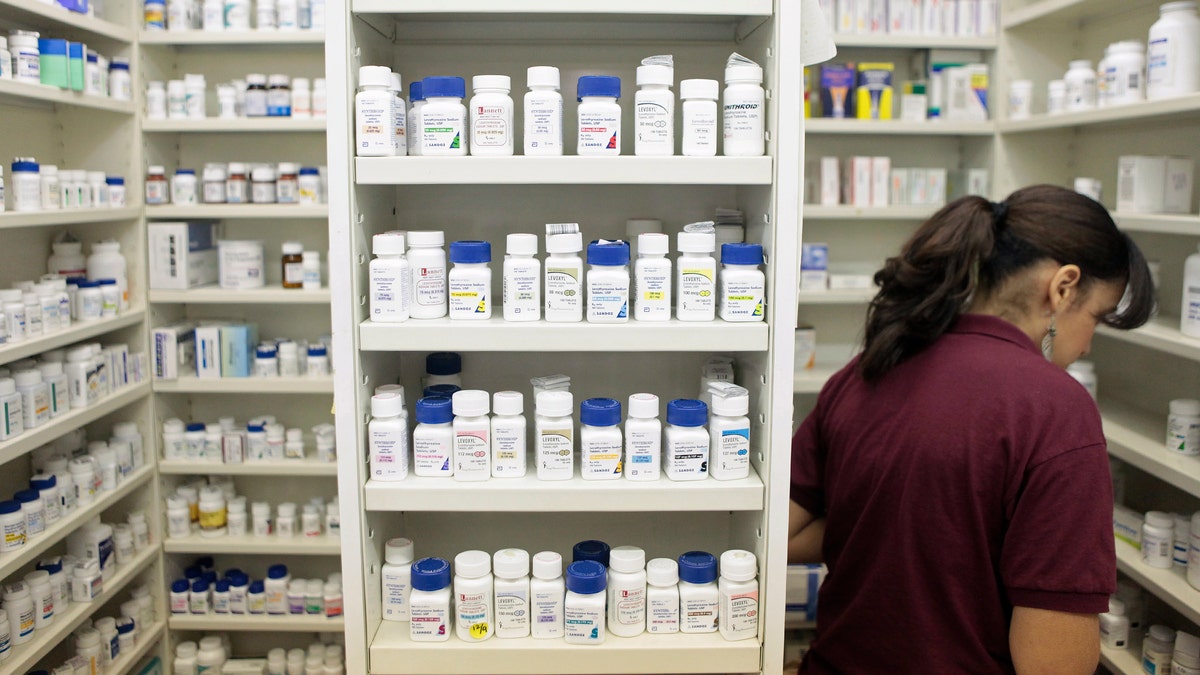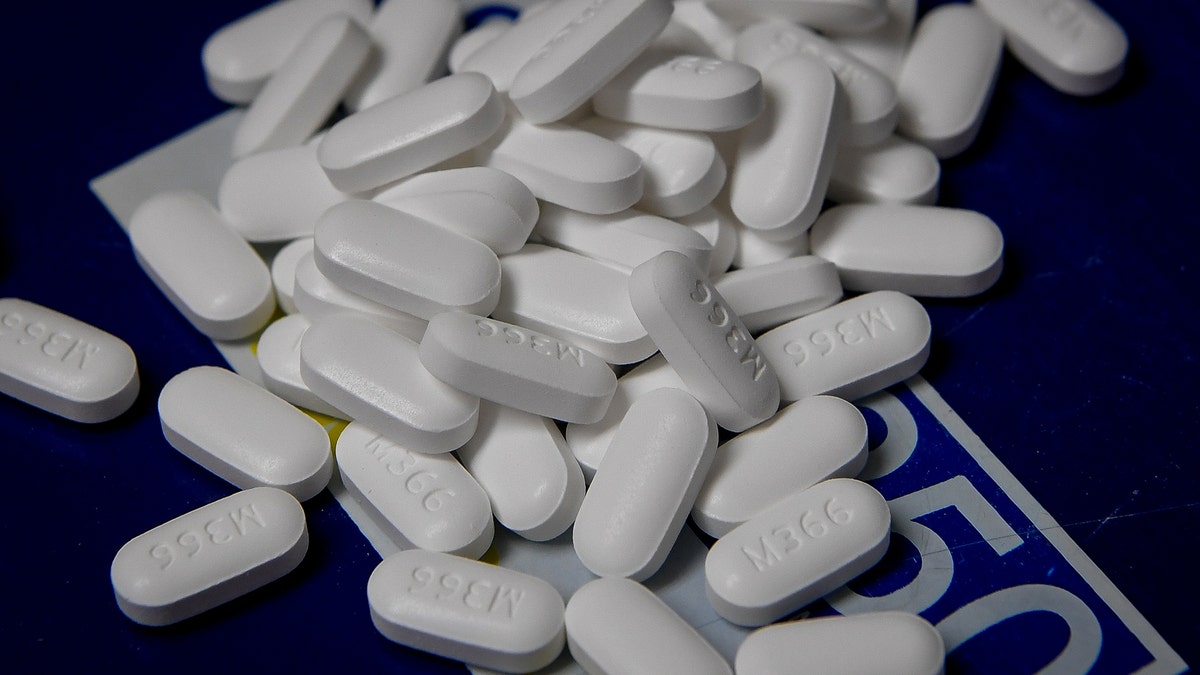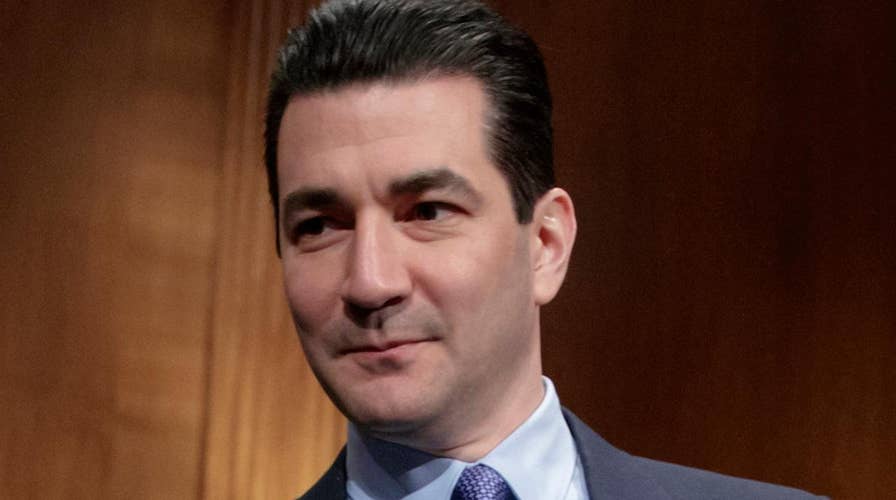FDA chief Scott Gottlieb moves to bring down drug costs
Dr. Siegel sits down with new FDA head to discuss implementing President Trump's agenda
The man in charge of keeping President Trump’s promise to make prescription drugs cheaper is the new head of the Food and Drug Administration, Dr. Scott Gottlieb.
Gottlieb said the solution is really as simple as supply and demand: More drugs on the market means more competition and, thus, lower prices.
Of course brand name medication manufacturers don’t want to share their secret formulas with generic competitors. And even once generics are developed, it can take up to four years to get them approved.
In his first exclusive sit-down camera interview with Fox News, Gottlieb said he wants to change things up.
A VOTE FOR SCOTT GOTTLIEB AND MEDICAL DISCOVERY
“If we're able to get generic competition onto the market sooner for certain drugs right now that don't face generic competition, there's no question that's going to affect drug prices and overall drug spending,” Gottlieb said, adding that the results would “lower the overall cost burden on consumers and give consumers low-cost options.”

(AP)
Gottlieb wants to cut the time from lab to pharmacy down to 8 to 10 months, with no tradeoff between speed and safety.
“I don't think, if we're making the products faster, that somehow it's sacrificing our safety,” he said. “I think this is the way to make the process more efficient, get drugs to the market more quickly and also actually increase our ability to learn about the safety and effectiveness of those products.”
SENATE CONFIRMS SCOTT GOTTLIEB TO LEAD FDA
While acknowledging that new systems of payment and coverage for innovative treatments will be necessary, the FDA commissioner was very hopeful and excited about some of the new approaches that are in the early stages of development.
“When you look at what’s happening with cell-based therapies and gene-based therapies,” he said, “where you really do see the potential for the first time to cure, not just potentially cancers but also some inherited diseases as well.”

A pharmacy employee looks for medication as she works to fill a prescription while working at a pharmacy in New York December 23, 2009. REUTERS/Lucas Jackson (UNITED STATES - Tags: HEALTH POLITICS) - RTR28BCM (REUTERS)
Dr. Gottlieb is also a point person for the White House’s focus on fighting the opioid epidemic. He says the FDA and other agencies should have been more aggressive over the years in getting ahead of the opioid crisis, calling it the biggest public health crisis they are facing.
“I think what we need to do as a regulatory agency to try to bend the rate of new addiction is make sure that people who are prescribed opioids are being prescribed them for a legitimate medical purpose,” he said. “We know if we can reduce overall exposure to opioids, we can also reduce the rate of addiction. Its simple math.”
Dr. Gottlieb pointed out that opioids, even when used appropriately, are frequently overused. He focused on the need for more education and the need for the FDA to be “more intrusive” and work together with other agencies, insurance, pharmaceutical companies, and physicians to “stem the tide of new addiction.”

Tablets of the opioid-based Hydrocodone at a pharmacy in Portsmouth, Ohio, June 21, 2017. REUTERS/Bryan Woolston - RTS18A6Z (REUTERS)
He offered dental procedures as an example of where opioids are often overused. Opioids, in this case, should be for “a duration that comports with why they received the prescription in the first place. So if you’re getting a dental procedure, should that be a 30-day supply? Probably not. I can’t think of why you’d need a 30-day supply for a tooth extraction. That should probably be a two- or four-day supply.”
Dr. Gottlieb has a big job ahead of him. He hopes his multi-faceted approach will make necessary pharmaceuticals more affordable for everyone.
